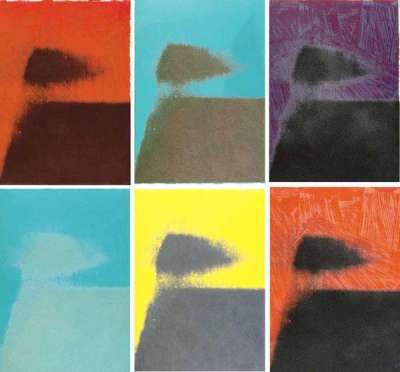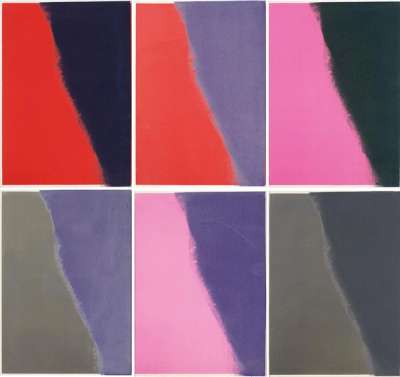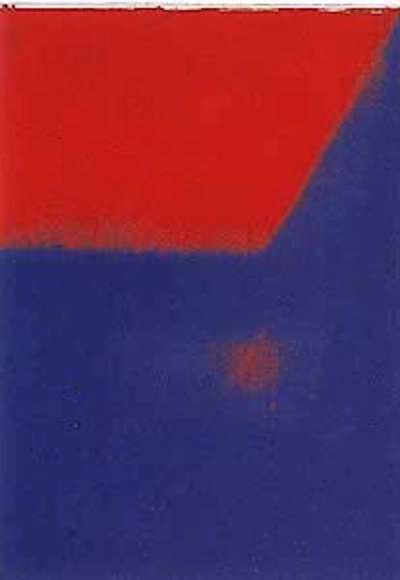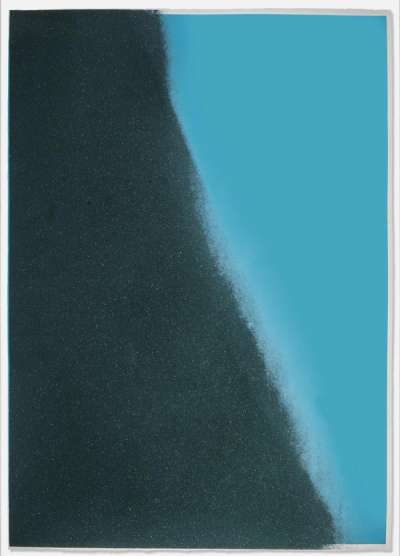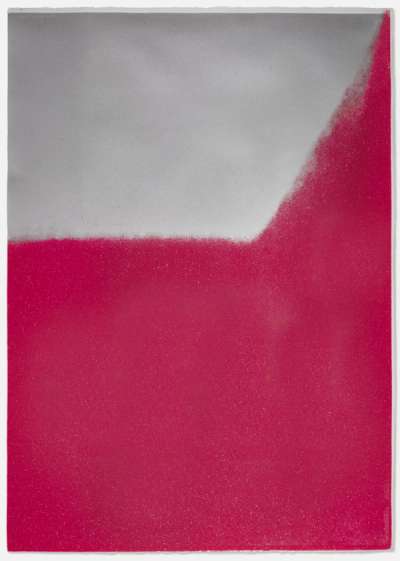
Shadows I (F. & S. II.206)

Shadows I (F. & S. II.206)
Signed Print
Andy Warhol
£28,000-£40,000
$50,000-$80,000 Value Indicator
$50,000-$70,000 Value Indicator
¥260,000-¥370,000 Value Indicator
€35,000-€45,000 Value Indicator
$280,000-$400,000 Value Indicator
¥5,170,000-¥7,390,000 Value Indicator
$35,000-$50,000 Value Indicator
AAGR (5 years) This estimate blends recent public auction records with our own private sale data and network demand.
There aren't enough data points on this work for a comprehensive result. Please speak to a specialist by making an enquiry.
Medium: Screenprint
Edition size: 15
Year: 1979
Size: H 109cm x W 76cm
Signed: Yes
Format: Signed Print
Track this artwork in realtime
Watch artwork, manage valuations, track your portfolio and return against your collection
Meaning & Analysis
Shadows I (F. & S. II.206) is a signed screen print with diamond dust on Arches 88 paper made by the acclaimed 20th century artist Andy Warhol. The print was produced in 1979 and comes in an edition size of 15. The print depicts an abstract composition of black and gold paint made using a sponge mop. The print was inspired by the shadows produced by a desk lamp in Warhol’s studio.
Shadows I (F. & S. II.206) is one of six screen prints in Warhol’s first portfolio of shadow prints. The portfolio is part of a larger series of artworks, all of which depict mysterious shadowy surfaces in a variety of colours. The Shadows collection is composed of 102 individual frames which were first exhibited in New York at the Heiner Freidrich gallery in 1979. The artworks were installed next to one another to be seen as one continuous artwork, however Warhol left no instructions regarding the order in which to hang them.
The use of diamond dust in the prints makes the artworks sparkle which counters the moody feeling that runs throughout the collection due to Warhol’s use of black and dark colours.
